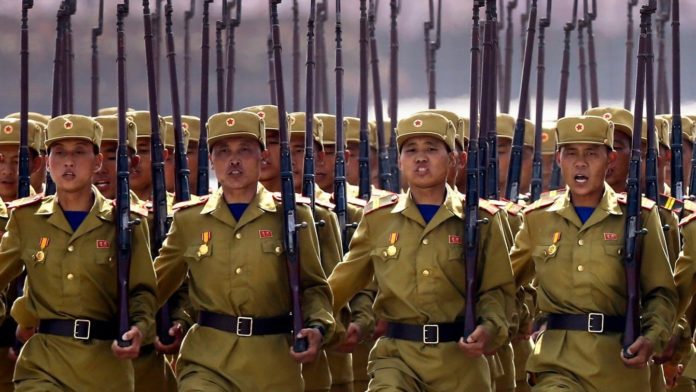This article was originally published by 1945.
If North Korea will Halt Its Provocations, then an End-of-War Declaration is Worth it: 1945 has hosted a vigorous debate on an ‘end of war’ declaration for the formally unresolved Korean War (here, here, here, here). The president of South Korea, Moon Jae-In, has sought this declaration to – at least rhetorically – end the Korean conflict and, ideally, re-start dialogue between the two Koreas and the United States.
The declaration itself is a curiosity. In international law, a war is provisionally halted with an armistice. A treaty then follows in which the political questions which lay at the root of the conflict are hammered out in an agreement binding on all parties. An armistice and a treaty can be separated by months or even years. In the Korean case, the armistice dates to 1953, but a formal treaty never came. Neither side won on the battlefield, so terms were elusive and the war remains formally unresolved.
Anxiety about what a Declaration Might Mean
Although Moon has pushed this declaration, significant opposition has arisen. No one is quite sure what this declaration would mean diplomatic or on the ground, as it is neither an armistice nor a treaty. It would seem to occupy a middle space between those two, but it is not clear what that actually means. Particularly, it is unclear what an ‘end of war’ declaration would oblige of all sides – not just the US, but also the two Koreas, and perhaps even China. So even though Moon said a month ago that all sides had agreed ‘in principle’ to a declaration, no text or signing has occurred. As Moon’s tenure ends in March, it now seems unlikely that this declaration will come into effect.
To read more, please click here.
Dr. Robert E. Kelly (@Robert_E_Kelly; website) is a professor of international relations in the Department of Political Science at Pusan National University. Dr. Kelly is now a 1945 Contributing Editor as well.


